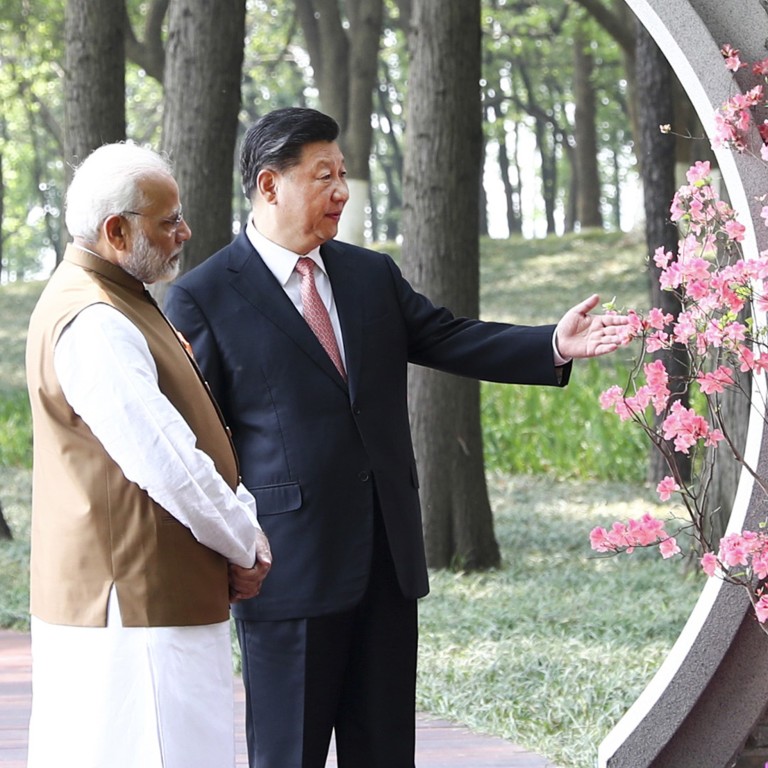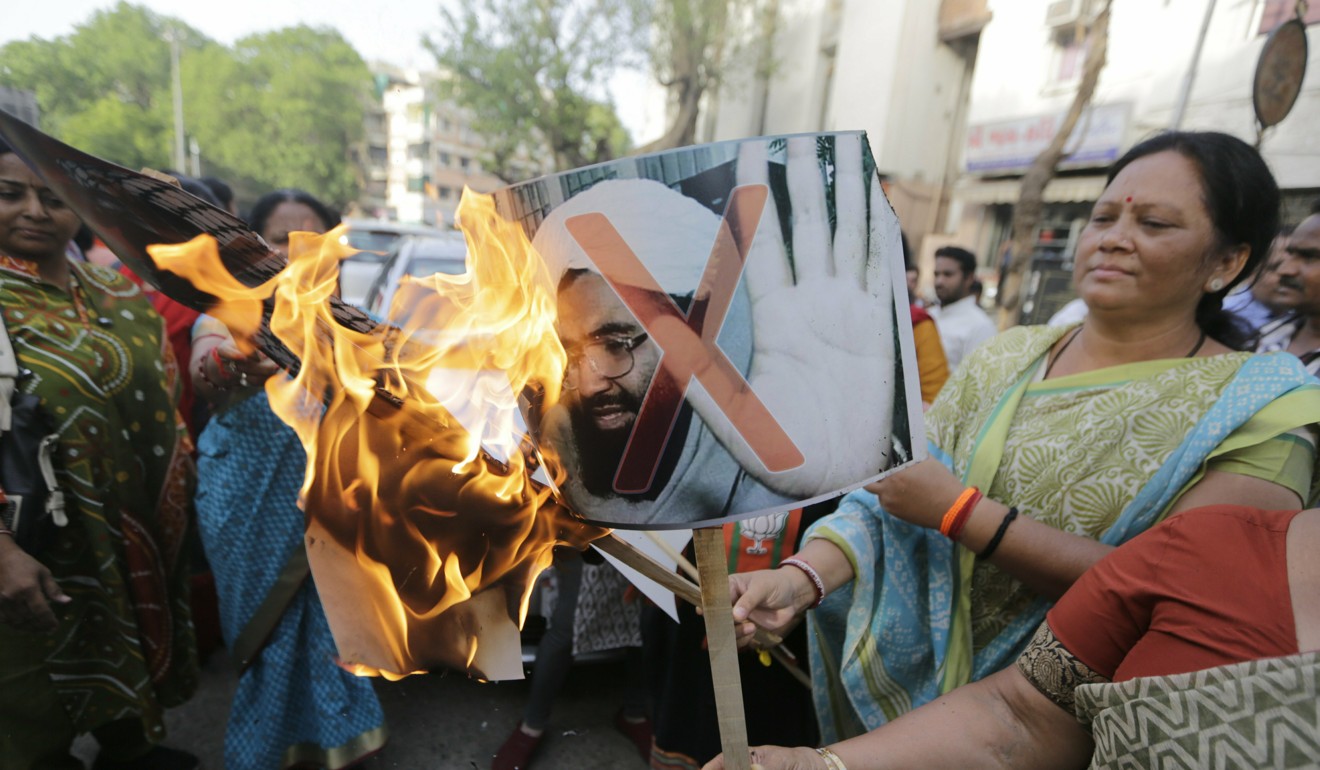
Analysis | Pakistan-based terrorist’s UN blacklisting offers hope for India-China relations
- Beijing had opposed the international sanctioning of Jaish-e-Mohammad head Masood Azhar numerous times over the past decade
- But its reversal this week amid international pressure has removed ‘suspicion’ in New Delhi over its intentions, observers say

Why China dropped its opposition to blacklisting of Pakistan-based terror chief
There was also a change of wording to the proposal that avoided angering China’s long-standing ally Pakistan.

“The relationship between India and China is a complicated, multifaceted one that involves a mix of issues. There are issues where they work together and issues on which they disagree,” said Ananth Krishnan, visiting fellow at Brookings India and former China correspondent for India Today magazine.
US Secretary of State Mike Pompeo, on the other hand, painted the “long-awaited action” as “a victory for American diplomacy and the international community against terrorism” in a statement posted on his official Twitter account.
This could be a sign that the US will expect something in return, according to Srikanth Kondapalli, honorary fellow at the Institute of Chinese Studies in New Delhi. “The Americans will now want India to agree with them on Iran,” he said.
Acharya, of the Centre for East Asian Studies, said that although China was probably pressured into acting by the US, Beijing’s decision was a “fairly thought out and calibrated step”.
China and India look to cooperate despite belt and road disagreements
Another positive takeaway from Beijing’s decision to lift its objection to Azhar’s sanctions blacklisting is the possibility that India can now bring up any problems it has with Pakistan in the conversations it has with China, according to Acharya.
“We didn’t have any toehold there [before]. This might just be able to open up a dialogue where both sides can talk about Pakistan,” she said.
Additional reporting by Associated Press

